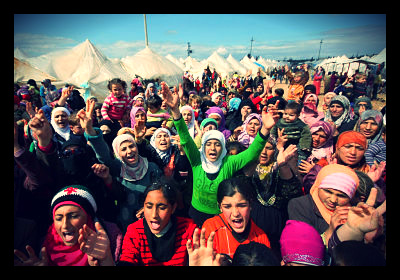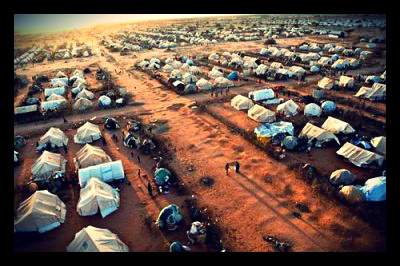
The Constitutional Court of the Dominican Republic has decided to strip thousands of Dominicans of Haitian descent of their citizenship, causing unruly behavior both inside and outside the country.
Latin American human rights groups are speaking out against the ruling and citing international and regional human rights models, believing the ruling to be fundamentally racist and inhuman, according to Al Jazeera.
Not only is the ruling causing issues in the Dominican Republic, but there have even been protests in New York City. New Yorkers are, furthermore, not supportive of the annulment of citizenship of anyone born in the country to noncitizens after 1929. The New York Times reports that this decision is applicable to many as 200,000 people, mostly of Haitian decent.
Many have said that the ruling emphasized a history of racial prejudice in the country against not only Haitians, but their descendants as well.
Edward Paulino, assistant professor of history at John Jay College of Criminal Justice in Manhattan, who is Dominican-American, explains that, “Anything that’s seen as a criticism is seen as treasonous.”
Several years ago, two United Nations human rights experts described in a report a “profound and entrenched problem of racism and discrimination” against Haitians in particular, throughout the Dominican Republic.
The Dominican Republic has fought with criticism for its treatment of Haitian migrants and this ruling has brought shame upon people within the country as well as internationally. The residents are already struggling with poverty and social exclusion and it is not beneficial in any way for them to be denounced.
Throughout the ruling the United States has signed an agreement worth 184 million to improve citizen safety and promote economic growth according to Dominican Today. The agreement accompanies the new strategy by the U.S. Agency for International Development (USAID) that is working to provide assistance to support the growth of small Dominican business and get them out of extreme poverty.
The businesses are primarily in the rural sector and USAID assists them by identifying new market opportunities. They are also providing training and technology transfers to help such businesses produce quality products and services.
Despite this assistance, people throughout the Dominican Republic are focused on the issue of citizenship. There are tens of thousands of lives hanging in the balance and inaction is no longer an option. They are working to get out of poverty and the issue surrounding citizenship is distracting from finding the correct solutions.
– Lindsey Lerner
Sources: Al Jazeera, New York Times, Dominican Today
Photo: Crowd Voice



